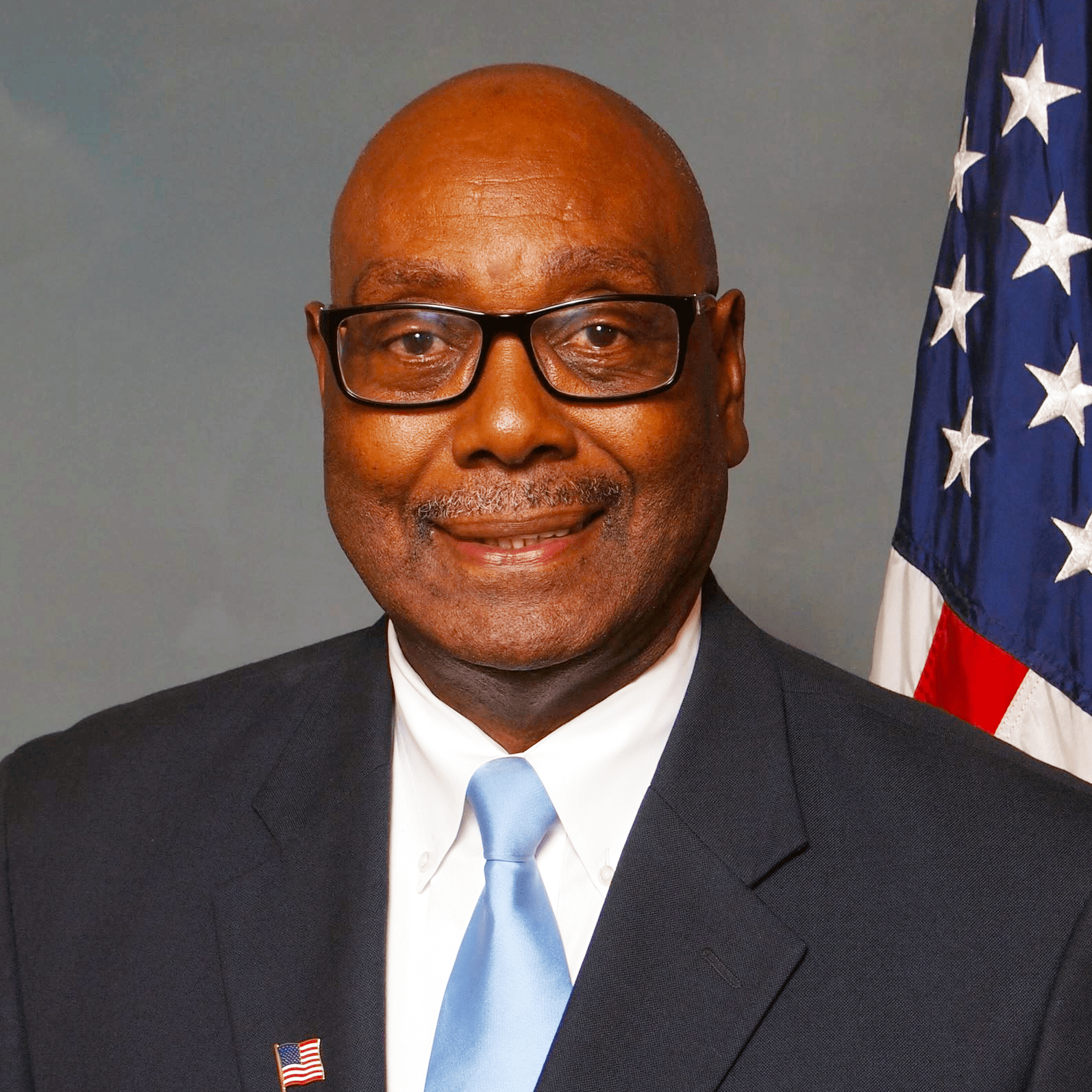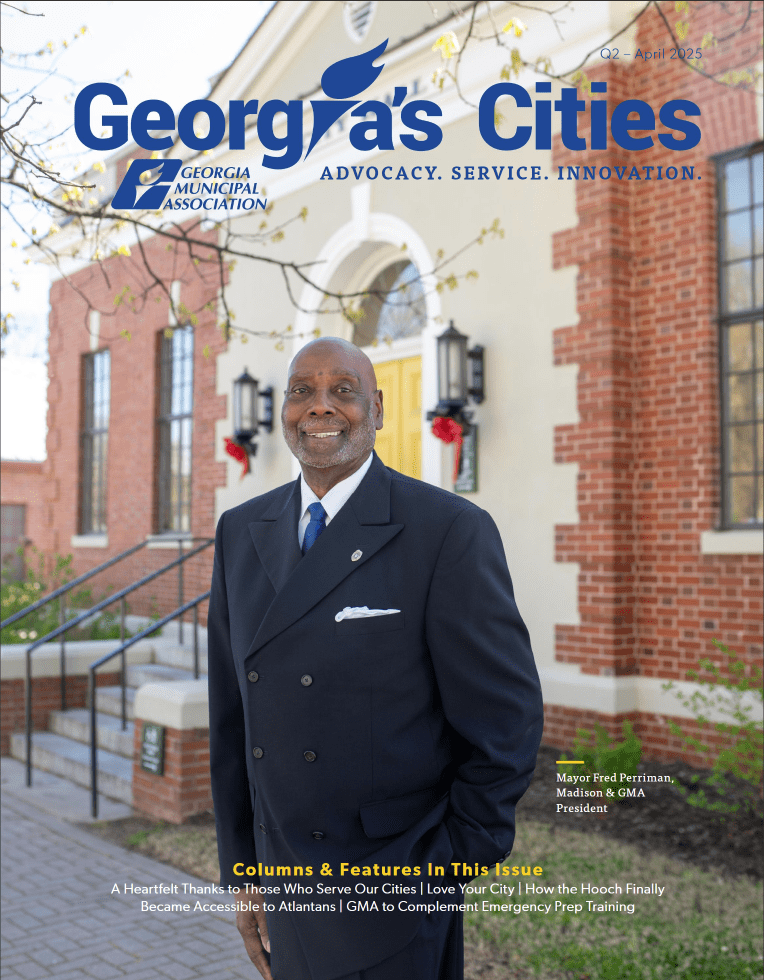Three Georgia Projects Winners at Smart 20 Awards
Georgia is solidifying its reputation as a leader in smart city innovations, with three local projects earning national recognition at this year’s Smart 20 Awards.
Gov. Kemp Awards Five Workforce Housing Grants
On Thursday, April 17, Gov. Brian Kemp announced over $11 million in Rural Workforce Housing Initiative grants to support 542 housing units across five Georgia communities. The awards highlight strong partnerships between local governments and real estate developers.
Viewpoints

Love Your City
In my professional role I don’t often talk about the subject of love, but today I do. What I’m going to share with you are my thoughts and feelings about cities and why they are worthy of love.

A Heartfelt Thanks to Those Who Serve Our Cities
Cities aren’t just about buildings, roads, or policies, they’re about people. And it’s the people who serve our cities who make them strong. Thank you for all that you do.
GMA Magazine
Columns & Features in the Q2 - April 2025 Issue of Georgia's Cities
- A Heartfelt Thanks to Those that Serve Our Cities
- Love Your City
- How the Hooch Finally Became Accessible to Atlantans
- GMA to Complement Emergency Prep Training
- And more...
View this Issue
If you are a local official or staff member of a GMA member municipality and are not receiving the magazine, please complete the Georgia’s Cities Magazine Subscription Preference Form to be added to the subscription list.

